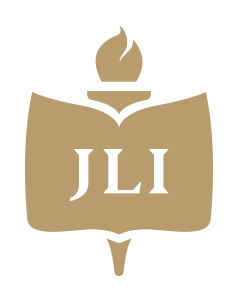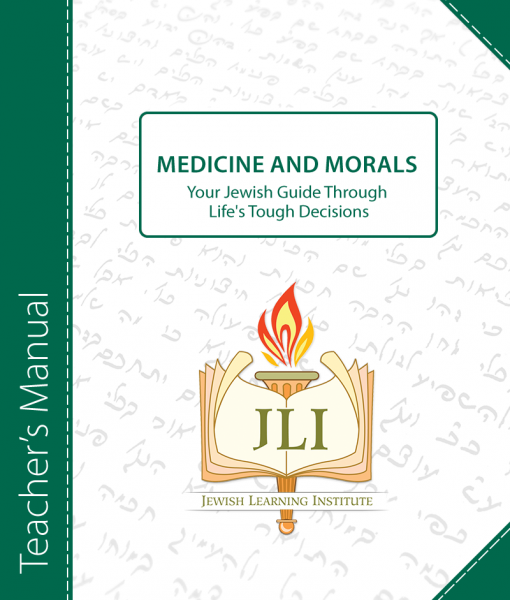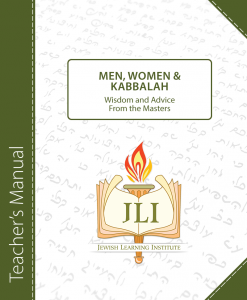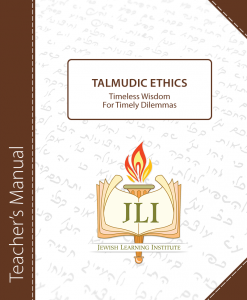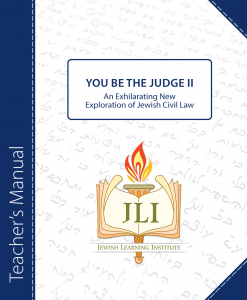Home/Browse by Topic/Previous JLI Courses/Talmud Civil Law and Ethics
Medicine and Morals
No easy questions. No easy answers. Medicine and Morals, is your chance to get real with the subject of medical ethics —discuss actual case histories, and get a sense of direction to weather the toughest challenges you’ll ever face.
Contact us for more information.
Course Overview
– A man wonders if his dying father should remain on life support.
What would you do?
– A parent wonders if they should tell their child he has a potentially serious genetic disorder.
What would you do?
– A woman wonders if she’s morally obligated to give a kidney to her cousin who has to undergo dialysis daily.
What would you do?
Chances are, like most people, you don’t know what you would do — or even where you would turn for guidance. But with medicine’s increasing role in our lives, most of us will have to face such issues at some point or another.
That’s why you’ll want to know about a remarkable new course called Medicine and Morals: Your Jewish Guide through Life’s Tough Decisions. It’s based on two premises: (1) that Jewish wisdom has much to say about these matters; and (2) that the best time to deal with them is now, while the pressure is off.
Actually, there’s a third premise: that today’s complex medical issues are fascinating, profound, and likely to kick up amazingly lively classroom discussion.
Lesson 1
Choosing Life: The Obligation to Seek Treatment
This lesson examines Jewish perspectives on pursuing medical care, as well as declining it. Is it ever acceptable, or even preferable, to simply rely on faith, prayer, and one’s own resources? How does Judaism justify medical intervention? And is it an obligation or a choice? May other family members force us to seek treatment that we do not want? This lesson examines the ethics of issues involving patient autonomy within the modern health care system.
Lesson 2
Flesh of My Flesh: Organ Transplants in Jewish Law
Hundreds of thousands of people find their lives hanging in the balance as they hope for the gift of life in the form of a vital organ such as a heart, lung, or kidney. By receiving an organ, they are literally given a new lease on life. Yet there is a tremendous shortage of available organs. Does Jewish law allow the donation of organs, either from a live donor or one who is recently deceased? Do we have the authority to give a body part away? Might it go further, actively encouraging or even morally compelling one to donate under certain circumstances? This lesson provides a nuanced and compassionate look at the sensitive ethical issues governing organ donation.
Lesson 3
Rolling the Dice: Risky and Experimental Treatments
Often, people with rare or incurable illnesses consider untested experimental treatment, gambling that they will be cured. May one participate in an experimental treatment with no guarantee of success that also has the danger of shortening life? Can we define the allowable odds? Do our personal preferences and values hold any weight? And does the same hold true for children? Does it matter that participating in this experimental treatment will provide important knowledge that will be helpful in curing others?
Lesson 4
New Beginnings: The Ethics of Reproductive Technologies
Many couples struggle with infertility. In their efforts to bear a child, they are often cast into the complicated ethical web of the new reproductive technologies, many of which call into question the very definition of a parent. In the age of sperm donation, egg donation, and surrogacy, can a child have more than two parents? How does Judaism look at “designer babies”? Can we pre-select the gender of the child to match parent preferences or to prevent genetic illnesses? How far must one go in the quest for biological children, and what recourse is there for those who are unable to bear children of their own?
Lesson 5
With You In Mind: Ethical Treatment of the Mentally Disabled
The mentally ill have often been viewed in society as possessed by the devil, or otherwise evil. Jewish law, however, has long recognized this as a disease, and acknowledges both the limitations of responsibility that this state imposes, as well as the essential humanity of the mentally ill. Jewish law recognizes that there may well be islands of ability at the same time that limitations exist. It encourages the maximum participation possible of those with mental illnesses, while outlining the role the community must play in protecting their interests. The lesson also considers the integration of individuals who may suffer from mental retardation, and the value of engaging them actively in Jewish life.
Lesson 6
Secret Code: Genetics and the Ethics of Patient Confidentiality
A basic presumption of modern medical practice is that patients have a right for their medical history to be kept confidential unless they explicitly waive those rights. What happens, however, when those records contain information that might impact other family members? Do children have the right to know they are carriers of a particular disease, or may the parent keep that information private? This lesson looks at some ways of balancing the harm to the individual whose privacy is invaded against the need to provide family members with vital health information.
